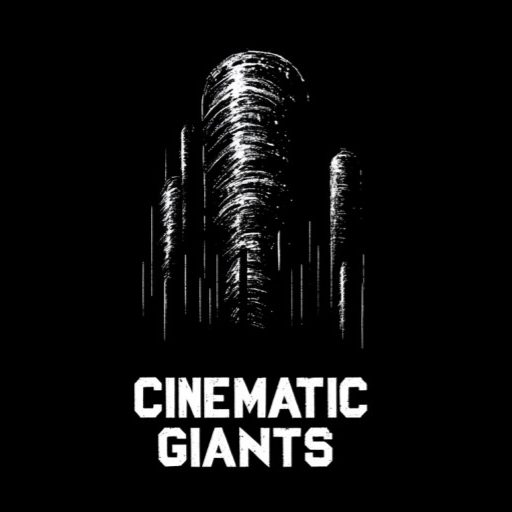The Life of Chuck, directed by Mike Flanagan, brings to the screen a unique exploration of life, mortality, and memory, with a meditative tone that sets it apart from the director’s previous works. Based on Stephen King’s novella in If It Bleeds, the film traces the life of Charles “Chuck” Krantz, portrayed by Tom Hiddleston, told in reverse chronological order. Rather than relying on traditional horror elements, the story reflects on the richness of life itself through a balance of art, philosophy, and a touch of magic.
The score for The Life of Chuck comes from The Newton Brothers, John Grush and Taylor Newton Stewart, who have worked with Flanagan on several of his previous projects. The music stands out for its understated beauty, employing a minimalist yet emotionally powerful blend of piano, synths, and occasional live strings. With a total runtime of just over 50 minutes, the score doesn’t overwhelm but instead creates a subtle atmosphere that complements the film’s themes of life’s fragility and its infinite richness.
Despite some critics describing the score as “frustratingly sparse,” it resonates with a quiet depth that aligns with the film’s reflective mood. Akin to the more intimate dramas scored by James Horner and Maurice Jarre in the 1980s, the music often draws comparisons to Horner’s softer, more personal compositions in Field of Dreams. The electronic textures and soft piano motifs in The Life of Chuck convey a sense of nostalgia and wistfulness, mirroring the film’s quiet celebration of the fleeting yet profound moments that define a life.
The score’s recurring motifs, like the gentle piano theme heard in tracks such as “The Sidle of Evening” and “Calendar,” evoke a sense of simplicity and tranquility, while cues like “Empty Cars” delve into moments of quiet devastation with understated emotional weight. One of the standout tracks, “Joy,” underscores a pivotal scene where Chuck, inspired by a busker’s drum solo, takes a moment to dance on a street corner, capturing the essence of life’s joyful, spontaneous moments.
In addition to the primarily instrumental score, the album features “The Parting Glass,” a traditional folk song performed by Gregory Alan Isakov, which brings the soundtrack to a poignant close, perfectly encapsulating the themes of farewell and the richness found in even the simplest human experiences.
For fans of subtle, reflective film scores and those drawn to music that complements the quieter side of life, The Life of Chuck offers a deeply rewarding listening experience. Its gentle, introspective nature ensures it’s a score that will linger with listeners, much like the film itself.
Discover more from Cinematic Giants
Subscribe to get the latest posts sent to your email.





